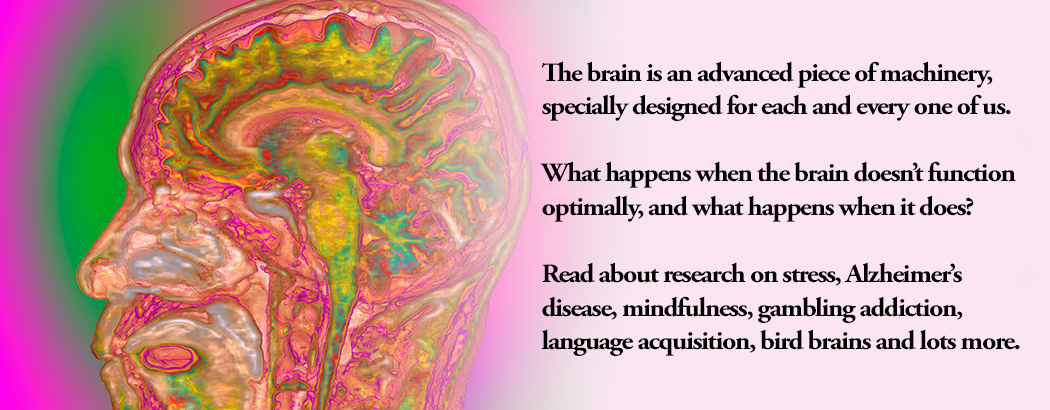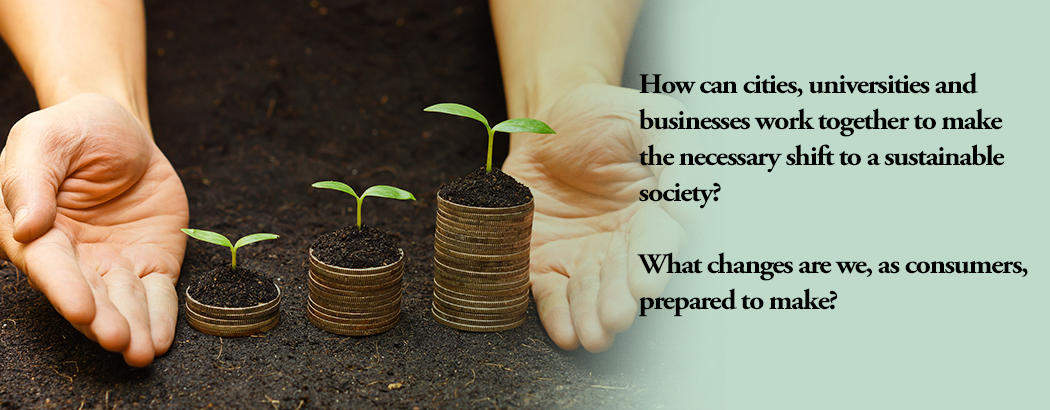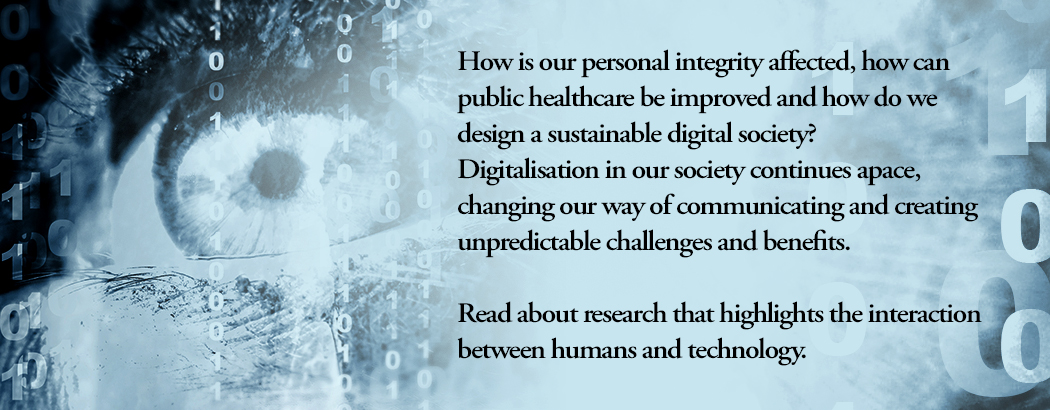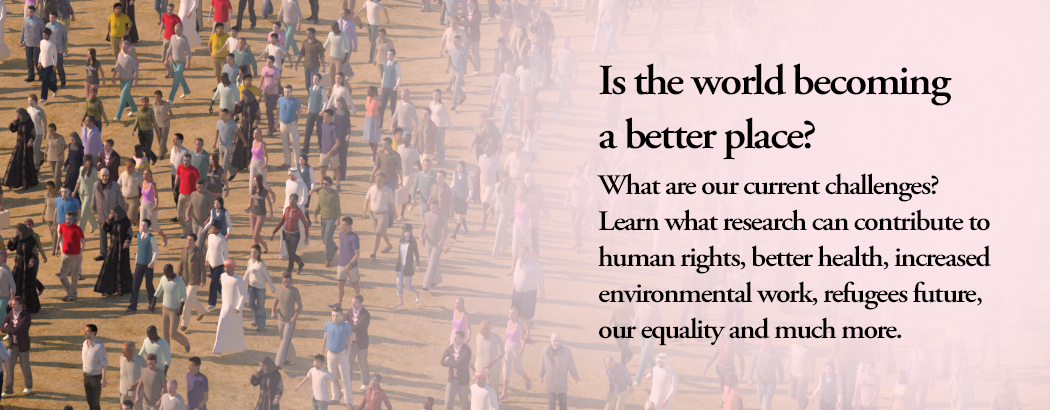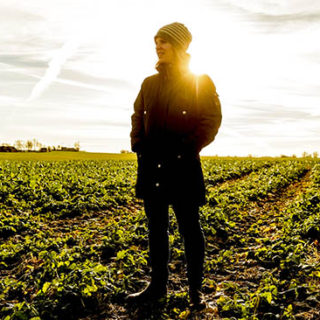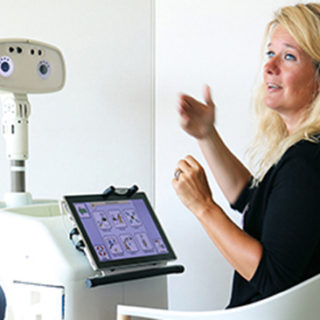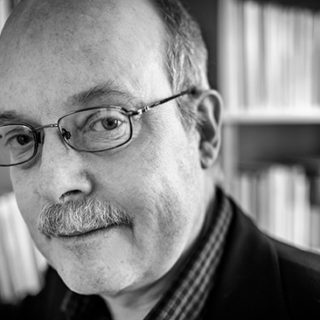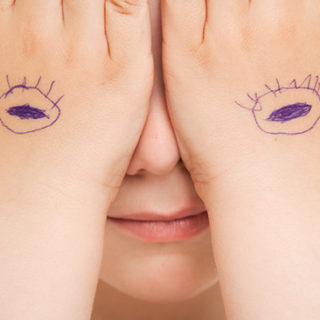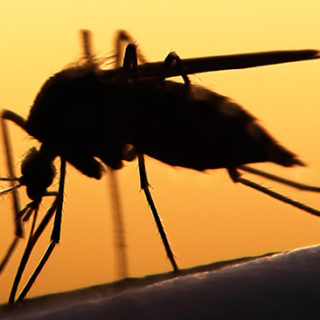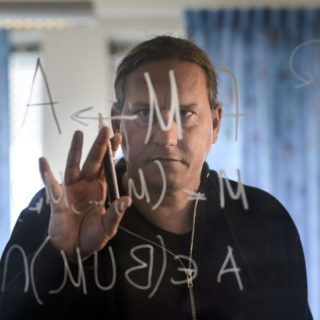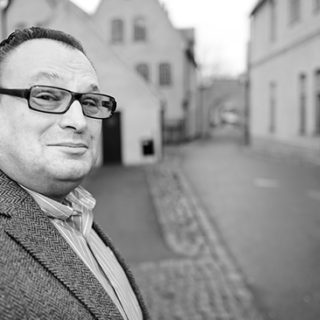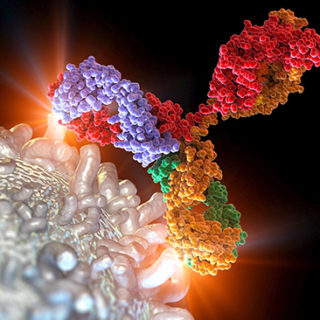Category: Medicine & health
The disposal or combustion of leftover crops or edible products that have not been sold is a waste of the Earth’s resources. It is also bad economics for farmers. A circular economy in agriculture means utilising the value of a product or raw material by, for example, turning it into...
Our increasingly aging population makes it necessary to find new ways to work with home care, and robotics can be one of them, argues Susanne Frennert, who recently defended her thesis in rehabilitation engineering at the Department of Design Sciences at the Lund University Faculty of Engineering (LTH). She has...
Many young people who seek help with substance abuse problems also suffer from depression, anxiety and stress. And too many discontinue their treatment prematurely. Researchers have now tested whether automated mobile phone calls can be of help. Every year 300–400 teenagers and young adults up to 25 seek help with...
Gudbjörg Erlingsdottir is an associate professor in work environment technology at the Department of Design Sciences, Lund University, and coordinator of the eHealth@LU network. She conducts research on how different eHealth services and systems affect the work and work environment of healthcare professionals. What is being done in the area...
Do you think about death or dying? Are you worried about what your final moments in life will be like in case your death is not sudden? What if we were ensured a dignified death, regardless of whether it happens at home or in the hospital? Although this is currently...
Opinion by Peter M Nilsson, professor of history of medicine, Lund University Throughout their evolutionary development, humans have adapted to new environments, infectious agents and other health risks. Over a very long term perspective, when average human life expectancy was very limited, this meant that the most important causes of...
Can people who have never had the sense of sight see things with their inner eye and create mental images? If so, how? In the book Syntolkning – Forskning och praktik (Audio description – Research and practice), cognitive scientists provide in-depth knowledge of how society can become more accessible to...
Read the article from LUM where ten researchers give their views on Sweden and where we are heading
The camera in an ordinary mobile phone could be used as a microscope for early, easy and cheap detection of common parasitical and bacterial diseases. The organisms are first identified in a portable nanotechnological detector, developed at Lund University’s Faculty of Engineering, which is then plugged in to the phone...


